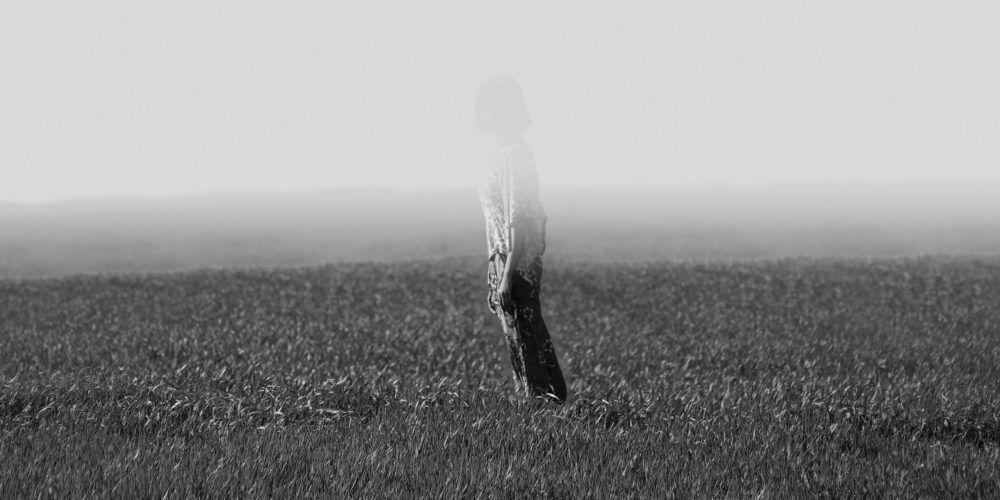How best to honour those who depart

Death stalks the human. We live, and then we die. We all know this, and yet we don’t. It is a deeply uncomfortable truth, this fact of our impending nullification. We see it, but we don’t wish to. Indeed we live most of our lives in denial of the full stop to come.
We lose the people we care about to death, all the time. We become deeply attached to some of our fellow humans, so dependent on their continued presence, until someday they are gone. We all suffer these losses: of parents, partners, siblings, friends. Some of the departures can be cataclysmic, leaving lifelong wounds, never to be healed.
What are we to do when those that matter most to us are gone?
Those of us who remain see another truth, even as we grieve: we are still alive. That sounds like a statement of the obvious, but it has a more subtle meaning. If we are still living, we must continue to breathe, to eat, to move. We cannot mimic the dead, for we are not dead. To be alive is to have earthly duties, no matter how terrible the loss we feel.
Earthly duties are manifold. There are dependants to look after; work to attend to; customers to serve; promises to keep. Even as we feel bereft we must gather ourselves to continue. As we continue, though, we must also reflect. What are these duties, why do we uphold them, what is their importance? As we become busy again, what will we be busy doing?
Almost no one reflects in this way. We tend to plunge straight back into our old routines, just the same as before. Our old priorities are also our new priorities; even the passing of someone deeply important to us is often not enough to cause reflection or change. We become busy-busy-busy again. Until we too, are laid to rest someday.
I wrote at the beginning of my earlier book, The Bigger Deal, that the shortness of life is in fact the point of it. As Kafka reminded us, the meaning comes from the ending. If we could stretch into immortality, we would live very differently; but we do not have that option. All we have is a brief interlude on this earth. We exist, and then we do not. And so, we must put activities of great meaning into all our days.
One of the most important ways to do this is to learn and apply the lessons of the departed. When someone we value and respect deeply leaves us, there is only one true and proper way to honour their lives, and that is to propagate the good that was in them in some way.
The best amongst us have this hallmark: they stand for things that are good, and just, and wise. They may be merely human, full of flaws as we all are, but somehow they leave a net-positive impact on the world. If those of us who receive that impact wish to remember them, the single best way is to make some of their practices our practices.
I have tried to do this every time I have lost someone who mattered in my life. I try to pick just one attribute or habit, and introduce it into my own life. It is far from easy, and it remains work in progress. But I believe that in this way I have become just a little kinder, perhaps a little more humble, sometimes a little more generous—because of those who went before me.
This is perhaps the best way for human beings to advance. To look for the best amongst us, and to propagate the good they do. Was someone you’ve lost always smiling? Then put that smile on your own face. Were they supportive of those in need around them? Then put your hand in your own pocket. Were they kind to animals? There are starving creatures all around you. Did they fight against injustice in the world? Many battles await.
Daily habits create patterns; patterns lead to purpose. Purpose is not something that we must only develop from grand intentions and aspirations. It also comes from practices. When we start conducting a few earthly duties in honour of the good example of those who went before us, a deeper purpose emerges. This purpose is not about flowery words or catchy statements; it is a quieter, more regular thing. It is preached in the practice; it is delivered in the doing.
Who mattered in your life; and how you will you honour that life?
(Sunday Nation, 5 December 2021)

Buy Sunny Bindra's new book
The X in CX
here »
Popular Posts
- How things fall apartFebruary 8, 2026
- Why the third generation might ruin everythingFebruary 15, 2026
- Pretty isn’t the productFebruary 1, 2026
- You don’t need people skillsFebruary 22, 2026
- Snakes and Ladders, AKA your lifeJanuary 25, 2026















